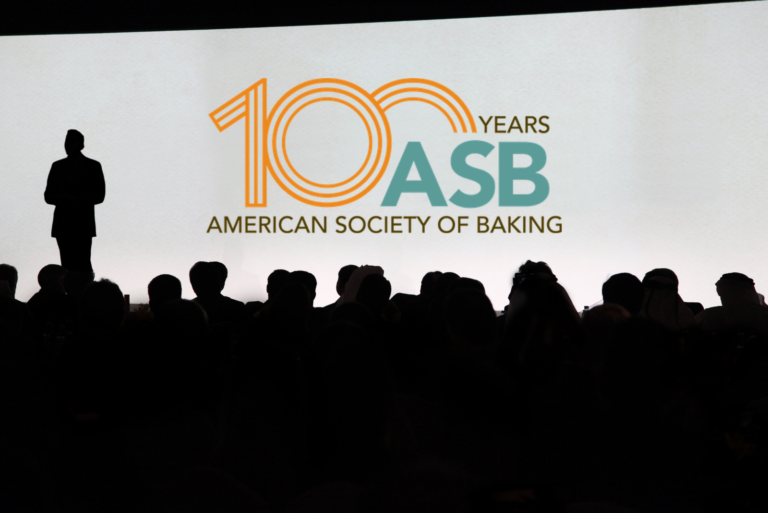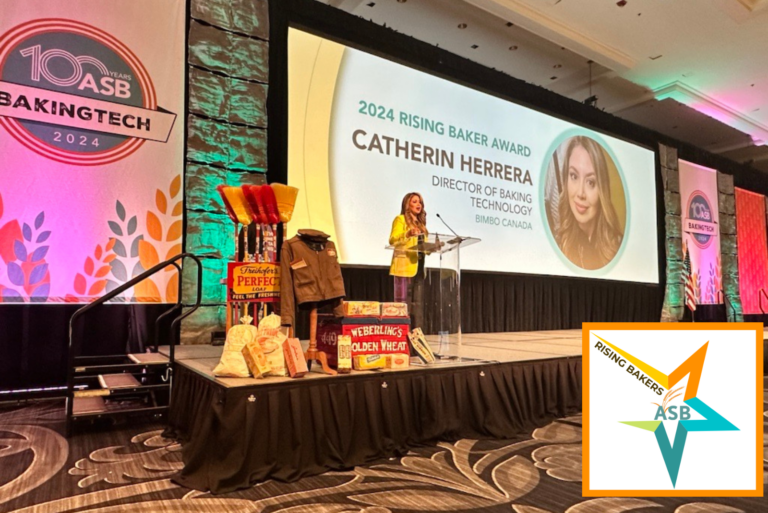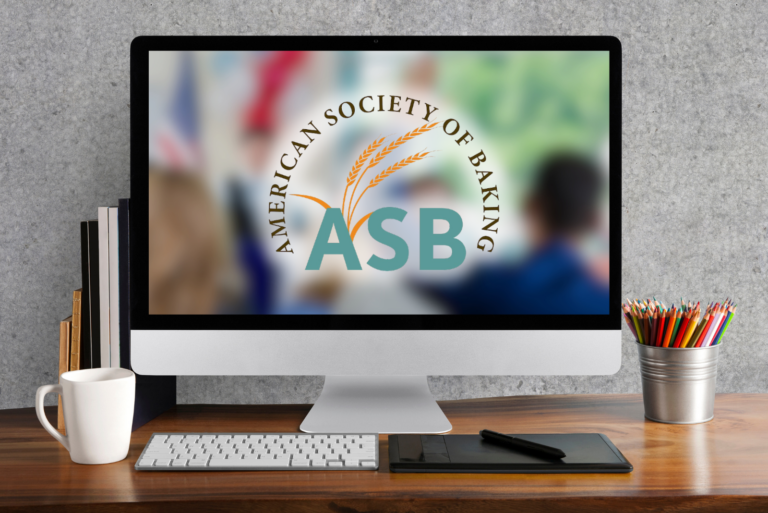CARMEL, IN — Since its inception 100 years ago, the American Society of Baking (ASB) has continued the cultivation of community through events connecting people at every level of the industry, from students getting their bearings to industry vets with decades of know-how.
Annie Hollon, digital editor of Commercial Baking, spoke with Kristen Spriggs, executive director; Eric Lewis, board chair; and Xochitl Cruz, first vice chair, in an exclusive conversation that spans the past, present and future of ASB.
Through their leadership on ASB’s executive committee, Lewis, VP of supply chain quality at Thomasville, GA-based Flowers Foods, and Cruz, VP of operations at Horsham, PA-based Bimbo Bakeries USA, lend boots-on-the-ground insight to the association’s new movements. A year into her tenure, Spriggs is reshaping the association’s future.
The trio discussed their perspectives on how changes being implemented at ASB balance legacy and innovation.










